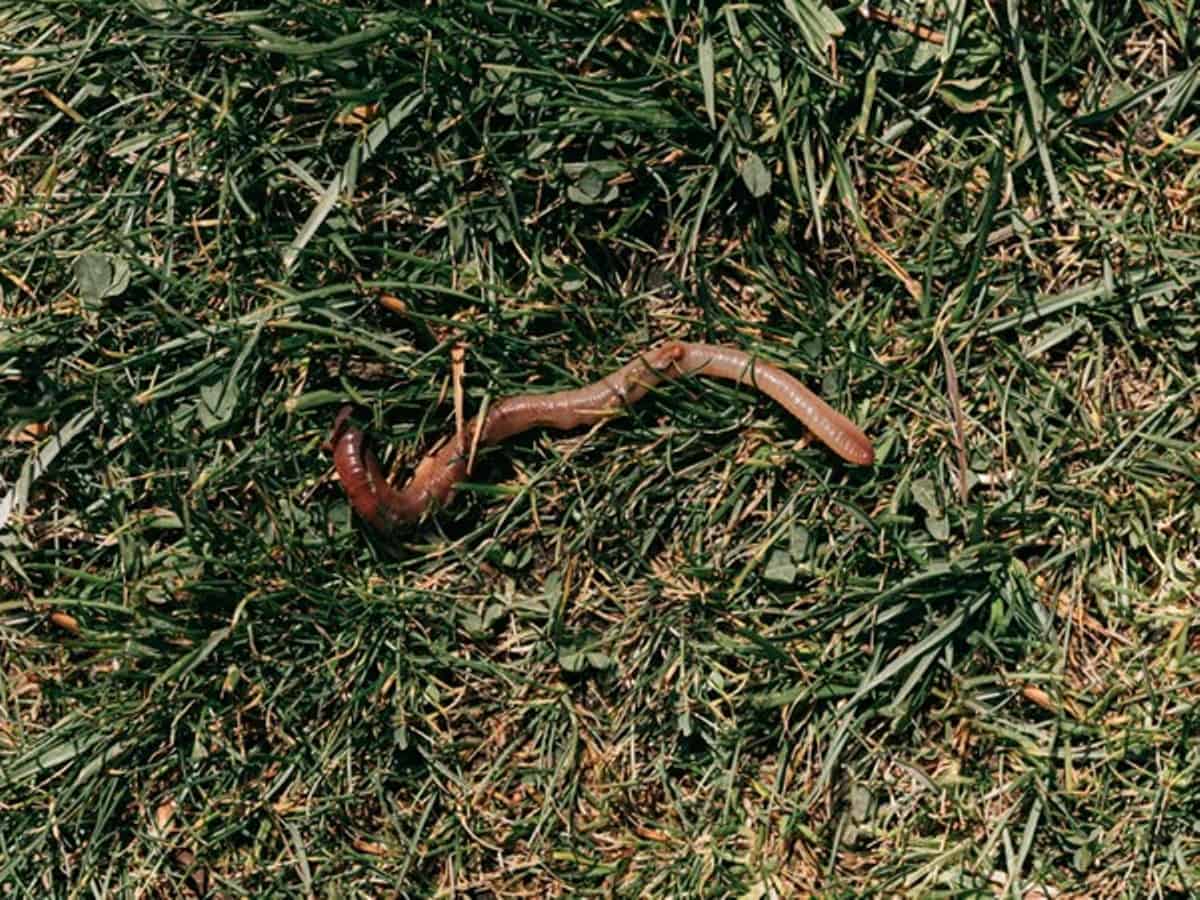
Washington: Like humans, animals also make complex decisions in life. But have you ever wondered about their process? New research from the Salk Institute in the US has investigated how worms with only 302 neurons navigate complex decision-making.
The findings published in Current Biology have important implications for the way researchers assess motivation and cognitive abilities in animals. The study mainly focused on two nematode species: Caenorhabditis elegans and Pristionchus pacificus.
“Our study shows you can use a simple system such as the worm to study something complex, like goal-directed decision-making. We also demonstrated that behaviour can tell us a lot about how the brain works, senior author Sreekanth Chalasani, associate professor in Salk’s Molecular Neurobiology Laboratory said.
Sreekanth added, “Even simple systems like worms have different strategies, and they can choose between those strategies, deciding which one works well for them in a given situation. That provides a framework for understanding how these decisions are made in more complex systems, such as humans.”
Whether eating prey or defending its food source, the predatory worm Pristionchus pacificus relies on biting. The team’s challenge was to determine the worm’s intentions when it bites.
The researchers found that P. pacificus chooses between two foraging strategies for biting its prey and competitor, another worm called Caenorhabditis elegans: 1) predatory strategy, in which its goal for biting is to kill prey, or 2) territorial strategy, in which biting is instead used to force C. elegans away from a food source. P. pacificus chooses the predatory strategy against larval C. elegans, which is easy to kill.
In contrast, P. pacificus selects the territorial strategy against adult C. elegans, which is difficult to kill and outcompetes P. pacificus for food.
To the team, it appeared that P. pacificus weighed the costs and benefits of multiple potential outcomes of an action — behavior that’s familiar in vertebrates but unexpected in a worm.
“Scientists have always assumed that worms were simple — when P. pacificus bites we thought that was always for a singular predatory purpose,” first author Kathleen Quach, a postdoctoral fellow in Chalasani’s lab said.
Kathleen added, “Actually, P. pacificus is versatile and can use the same action, biting C. elegans, to achieve different long-term goals. I was surprised to find that P. pacificus could leverage what seemed like failed predation into successful and goal-directed territoriality.”
